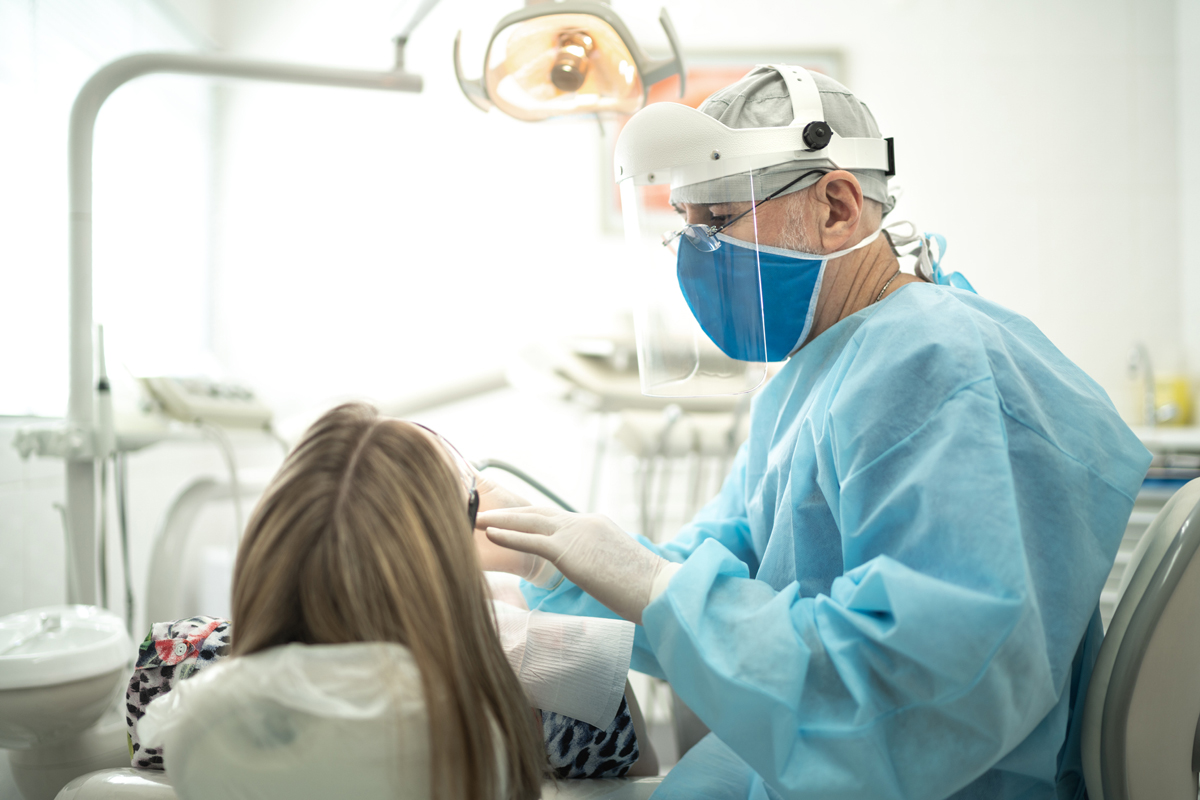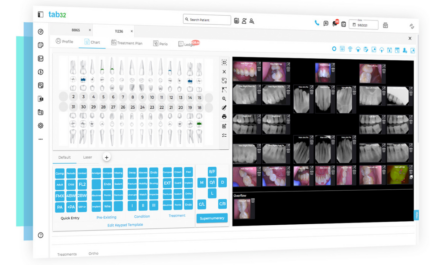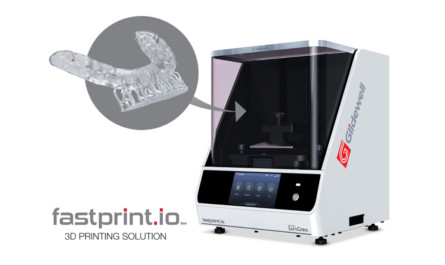In August, the American Dental Association (ADA) released a statement saying it respectfully yet strongly disagrees with the World Health Organization’s (WHO) recommendation to delay “routine” dental care in certain situations due to COVID-19.
“Oral health is integral to overall health. Dentistry is essential health care,” stated ADA President Chad P. Gehani, DDS. “Dentistry is essential health care because of its role in evaluating, diagnosing, preventing or treating oral diseases, which can affect systemic health.”
Dr. Gehani added that in March, when COVID-19 cases began to rise in the U.S., the ADA called for dentists to postpone all but urgent and emergency care in order to understand the disease, consider its effect on dental patients, dental professionals and the greater community.
Both the ADA and the U.S. Centers for Disease Control and Prevention (CDC) then issued interim guidance for dental professionals related to COVID-19. The ADA’s guidance calls for the highest level of PPE available – masks, goggles and face shields. The ADA’s interim guidance also calls for the use of rubber dams and high velocity suction whenever possible and hand scaling when cleaning teeth rather than using ultrasonic scaling to minimize aerosols.
Dr. Gehani concluded, “Millions of patients have safely visited their dentists in the past few months for the full range of dental services. With appropriate PPE, dental care should continue to be delivered during global pandemics or other disaster situations.”
State dental associations also backed ADA in the disagreement with WHO’s classification of dental care as non-essential during a pandemic. The Georgia Dental Association and the Minnesota Dental Association, among others have come out in support of the ADA’s recommendation not to delay oral care.” Delaying dental care may put your oral and overall health at risk,” states GDA President Annette Rainge, DMD. “If oral disease is allowed to progress, small problems can escalate to larger problems requiring more extensive treatment. In addition, signs of other diseases and medical conditions, for example oral cancer and diabetes, can appear in the mouth. Regular dental visits can help detect problems early.”





